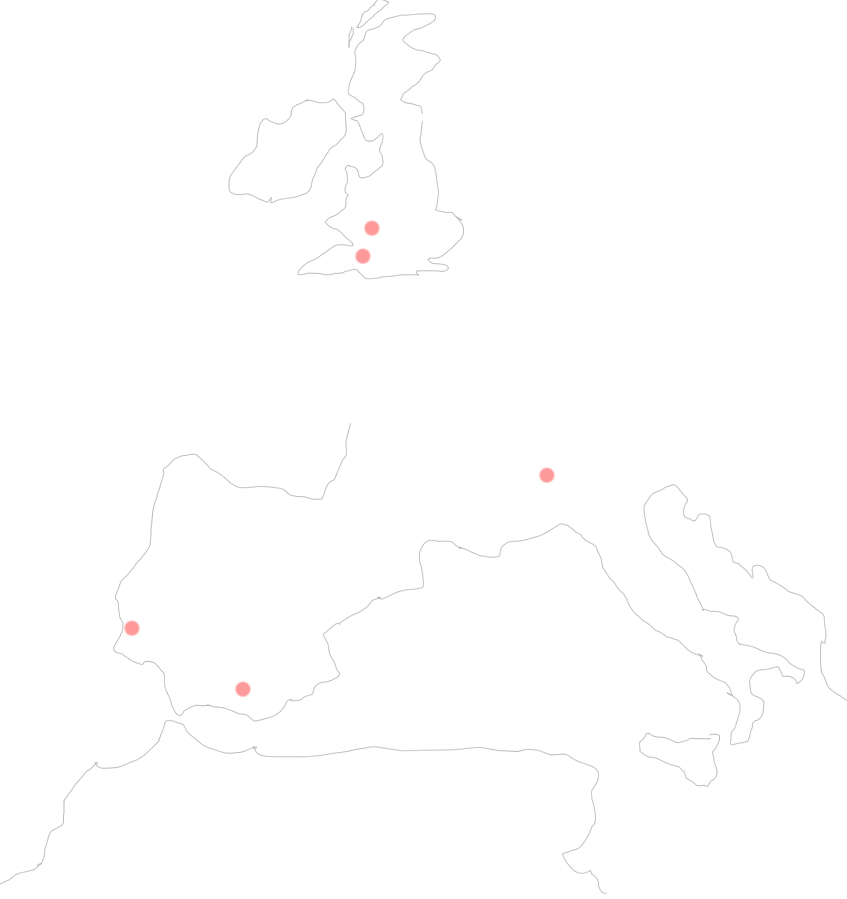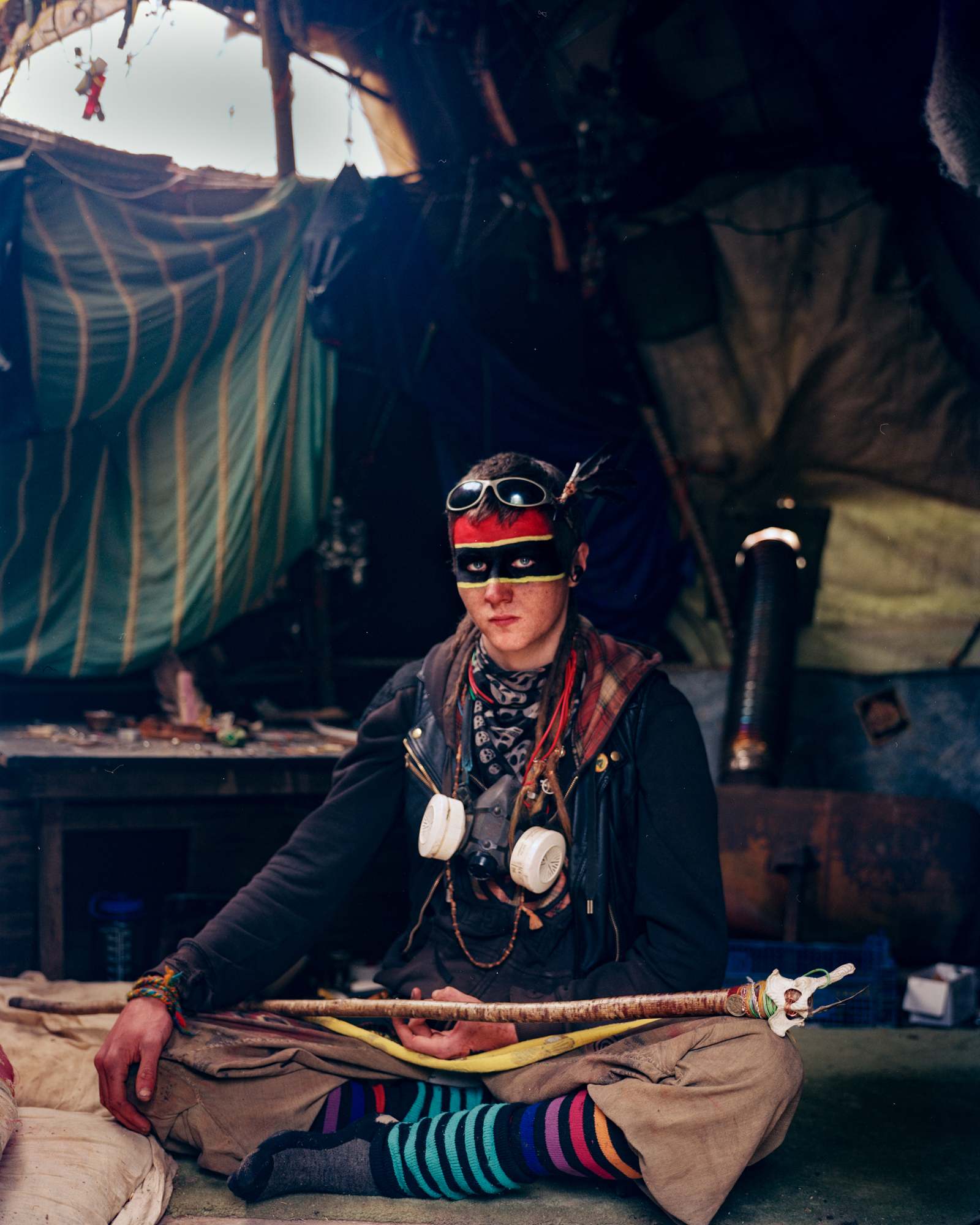
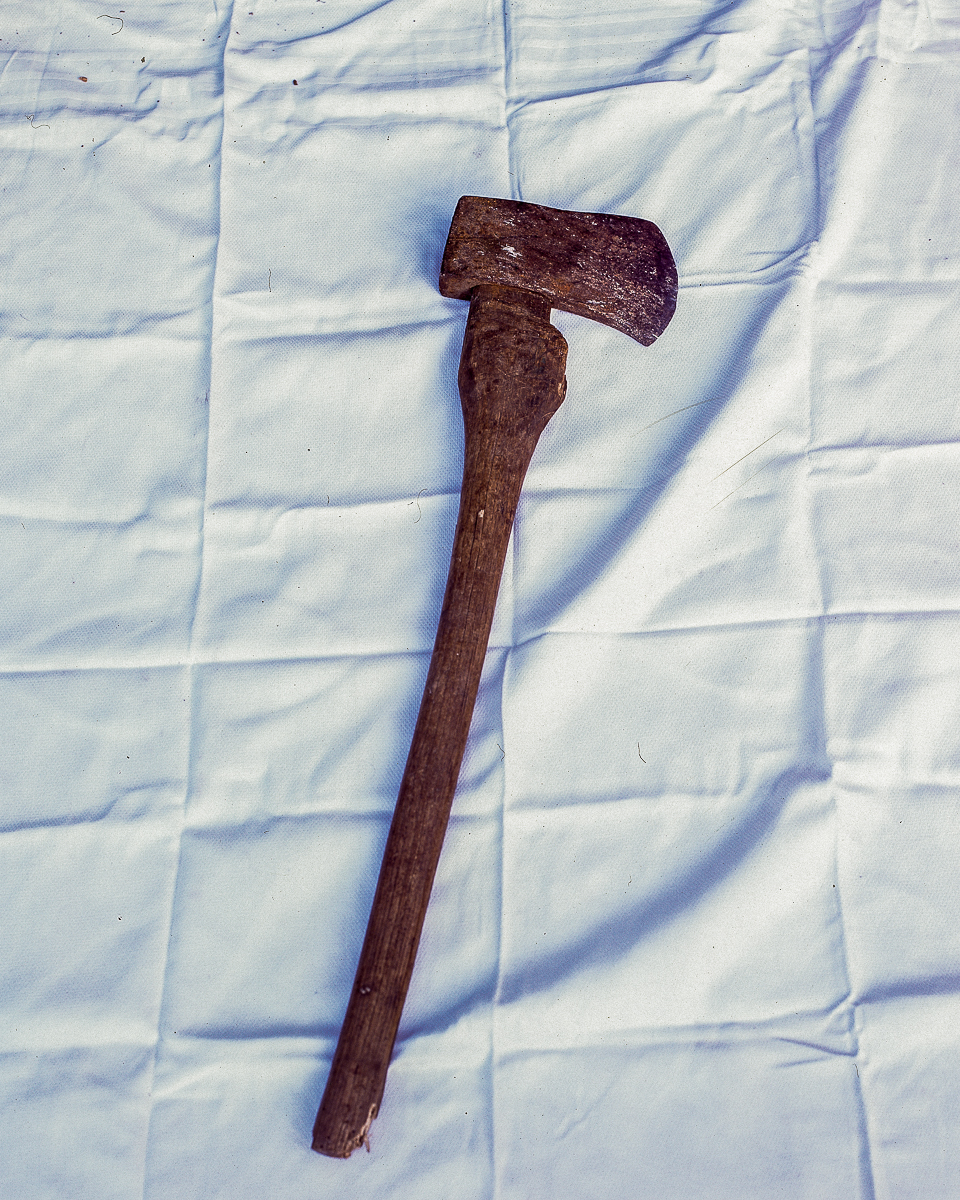



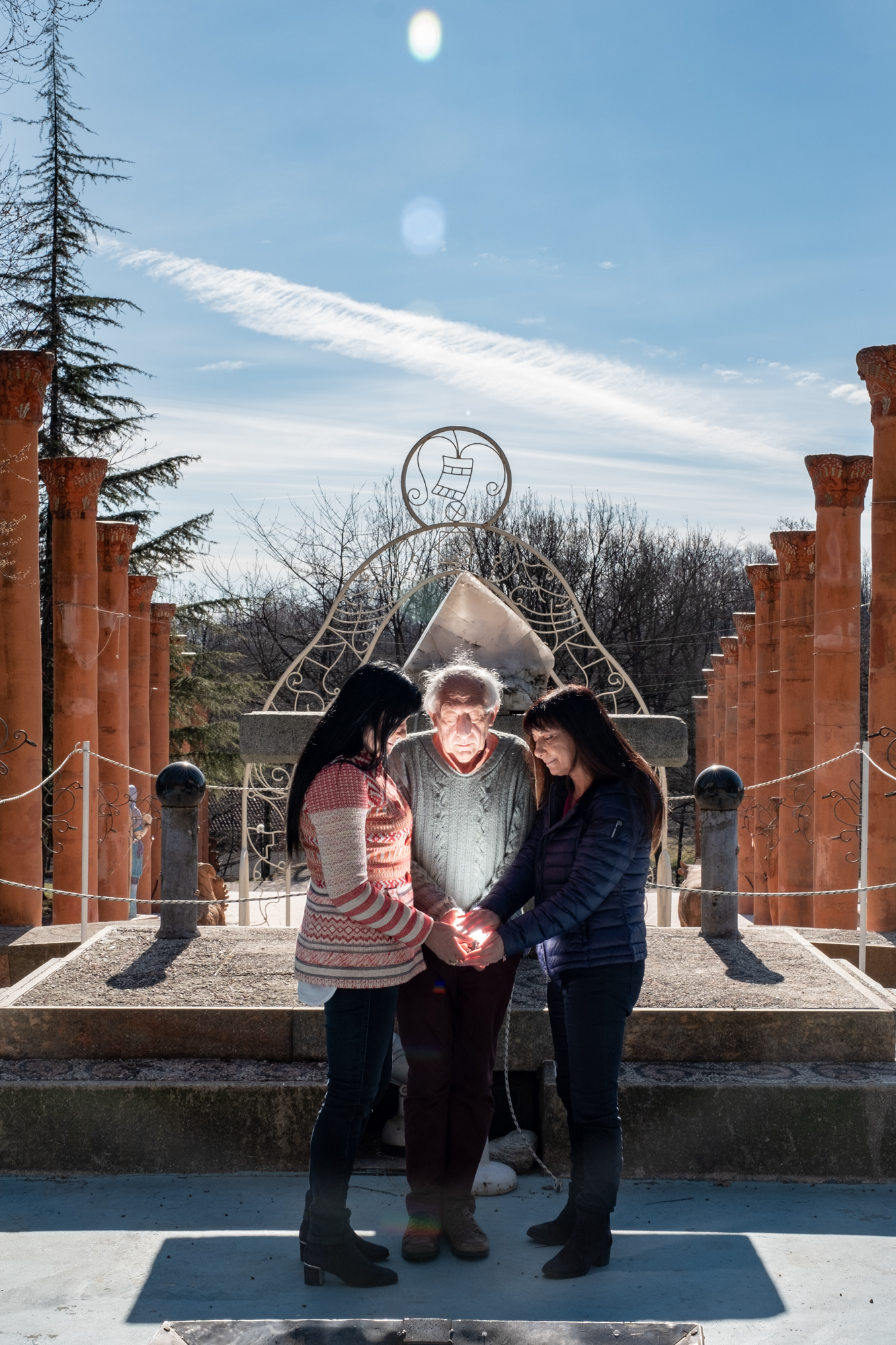
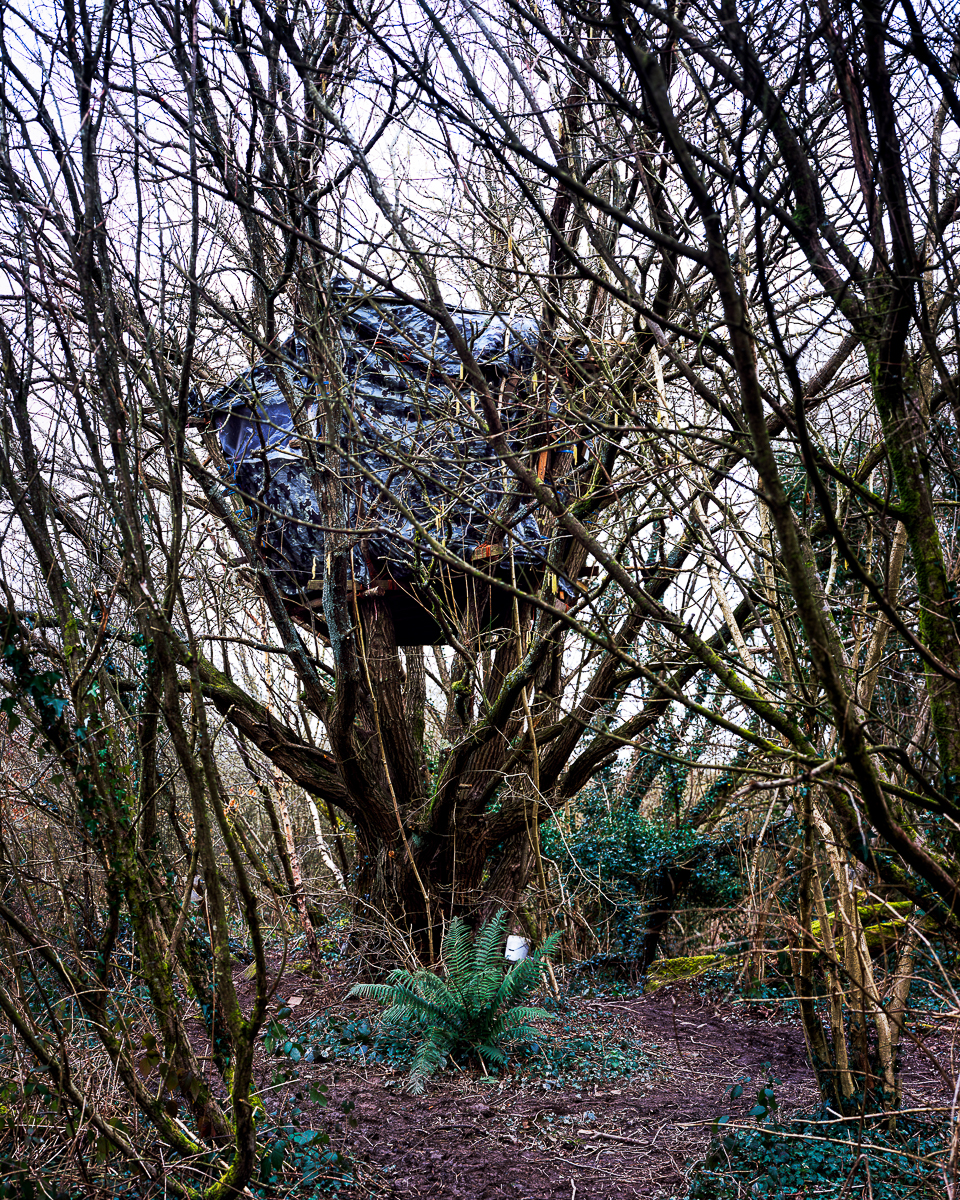
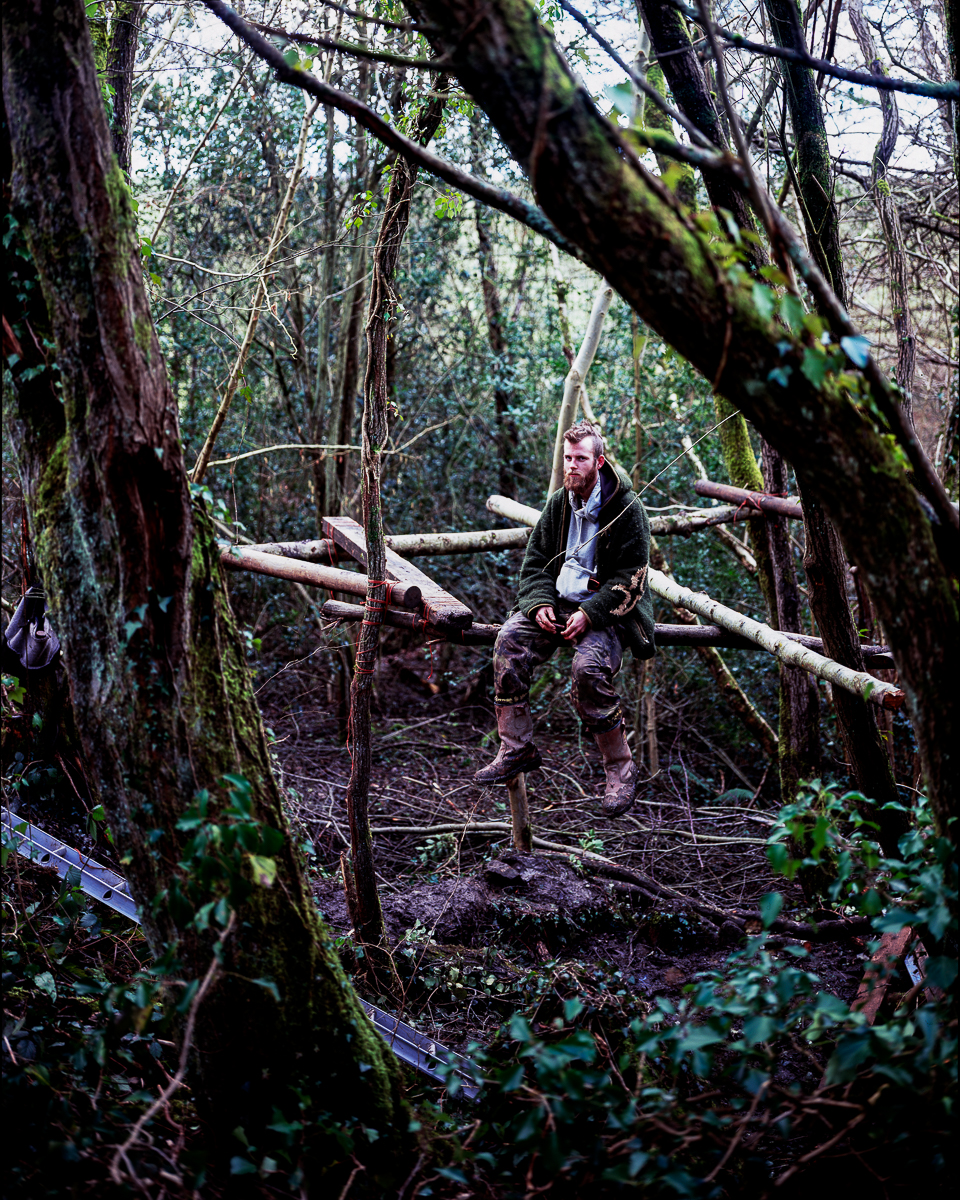



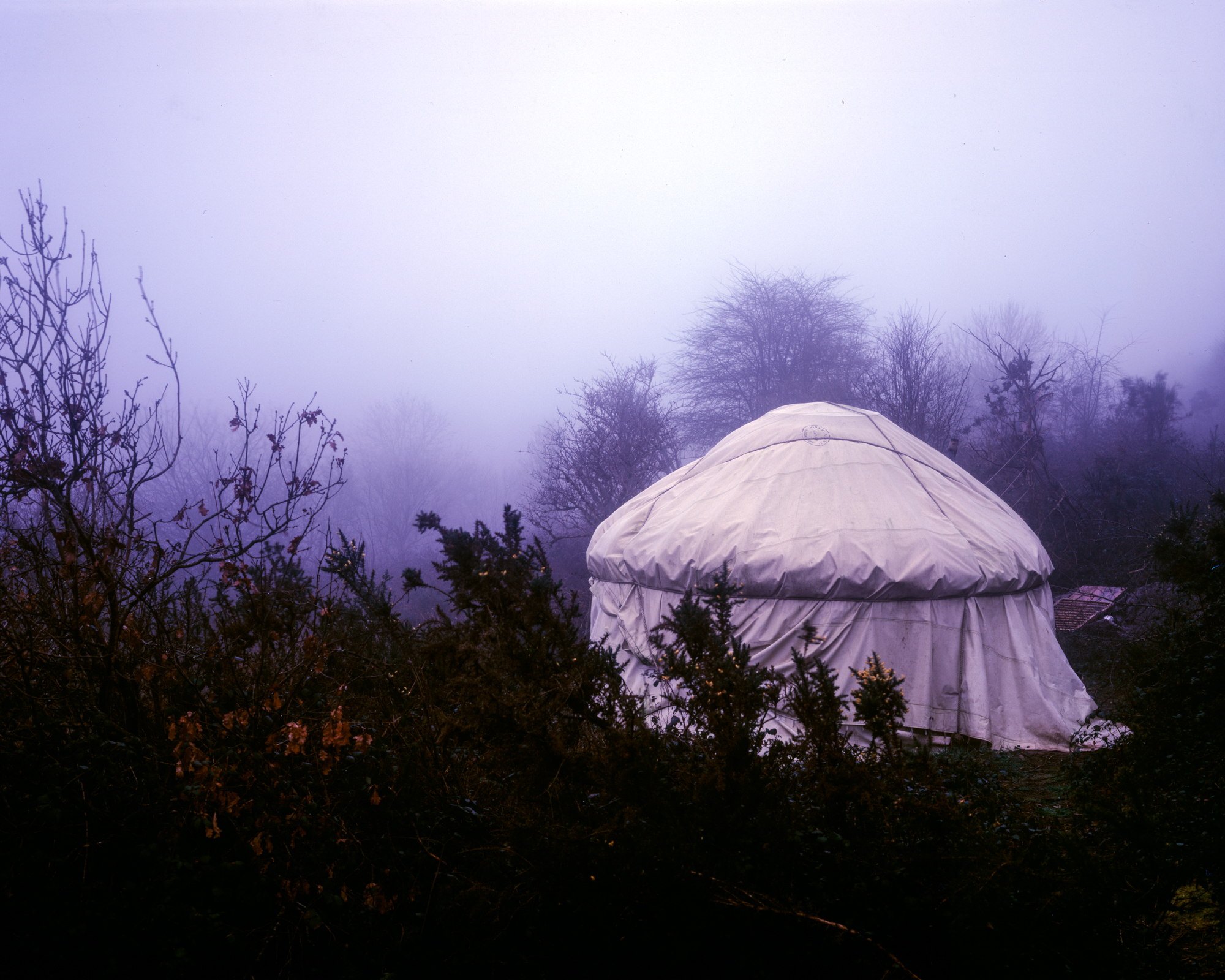


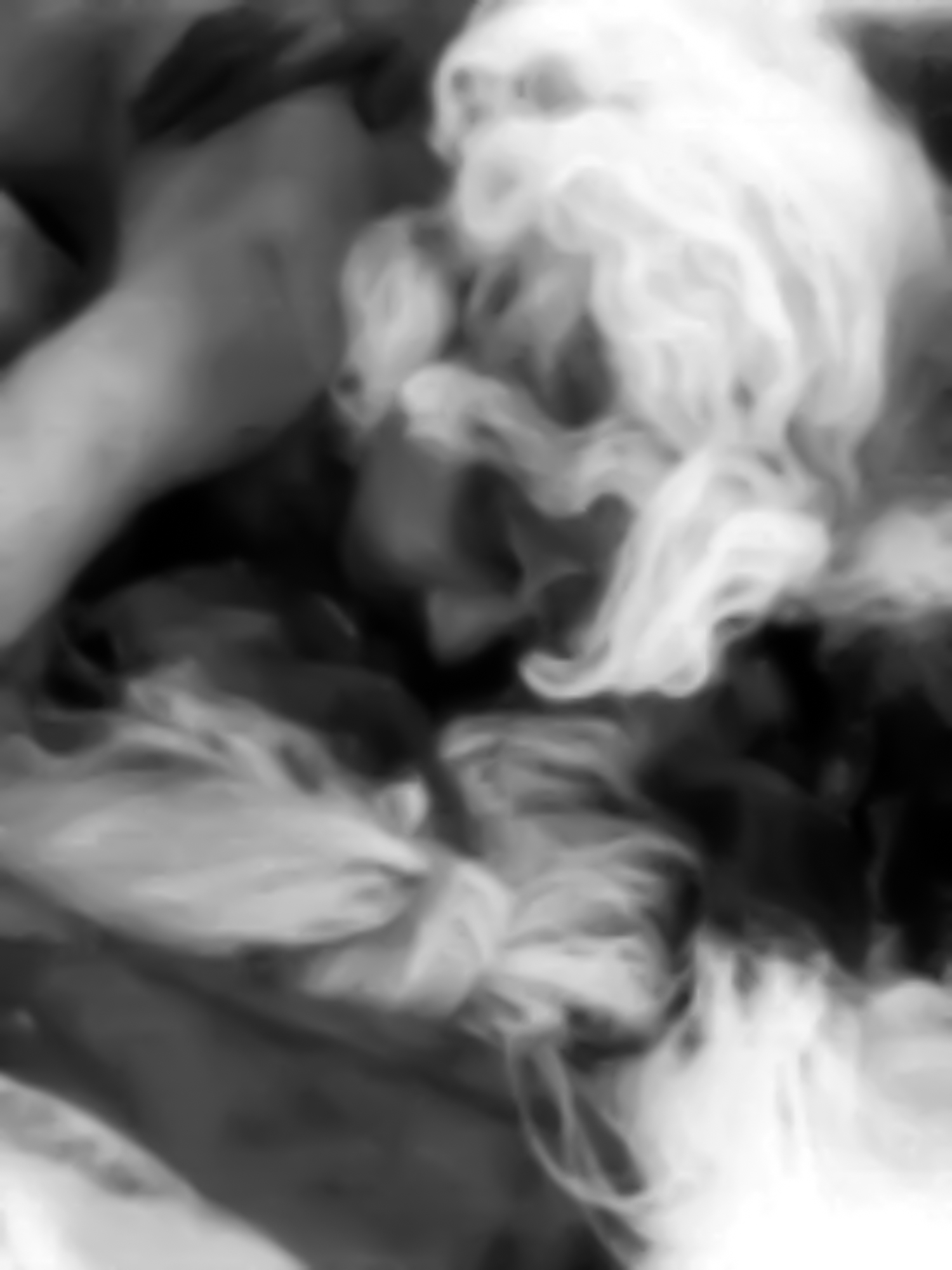
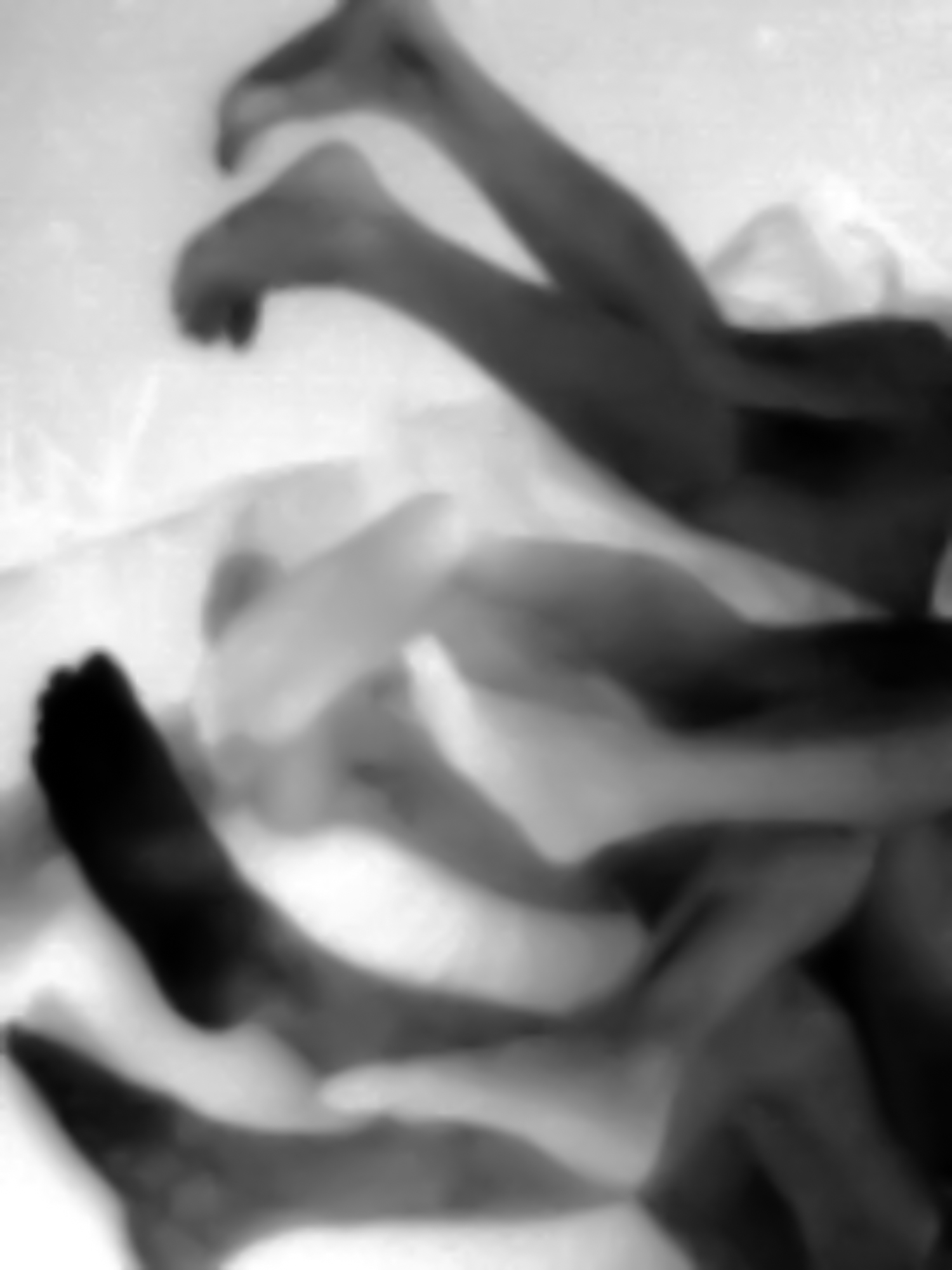
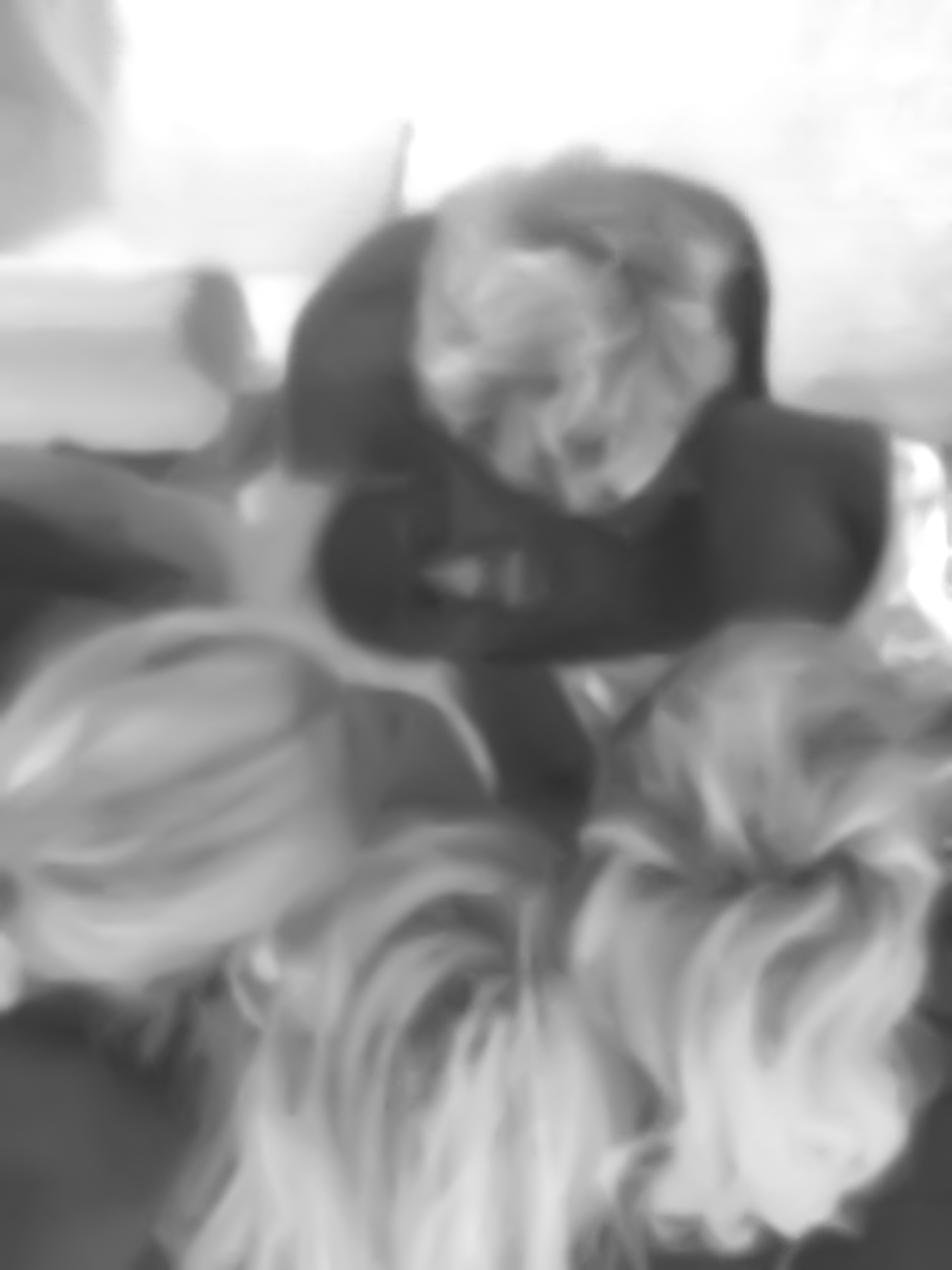
To Begin Again
To Begin Again is the chasing of an illusion, the composition of an utopian mosaic. It is the creation of an imaginary place through the documentation of real eco-communities that are camouflaged within the European landscape. These communities are not withdrawn from society, but exist at its cultural and political periphery — quiet zones of experimentation where the social imagination is allowed to stretch, bend, and reshape itself. The project emerges from an impulse to map what is still possible in a time of exhaustion, to rediscover the fragments of a different world already germinating within the cracks of the present one.
To Begin Again refuses the monumental image of revolution that seeks to overturn the entire social order at once. Instead, it leans toward the subtle, the microscopic, the interpersonal. It turns its gaze to small, self-sustainable micro-systems that resonate with natural laws — places where people experiment with reconnection, mutual support, and the slow rhythm of the earth. In this sense, the project can be understood as an exploration of micro-utopias: lived experiments in coexistence that function as both critique and proposition.
The work originates from a journey across Europe, tracing communities that have consciously stepped aside from the dominant narrative of commodity culture. These are enclaves where the logic of production, consumption, and profit is replaced by other values: collective care, ecological awareness, and spiritual renewal. The documentation of these spaces becomes both an act of witnessing and an act of invention. The camera does not merely record what exists; it collaborates with the landscape and its inhabitants in constructing an imaginary geography. Each frame is a fragment of an impossible map, a mosaic of utopian fragments scattered across the continent.
In a time marked by ecological collapse and political fragmentation, utopian thinking may seem naïve, even obsolete. Yet the project reclaims utopia not as a fantasy of perfection but as a vital practice — a way of continually reimagining the conditions of living together. It invites us to rethink utopia as a verb, not a noun; as something we do, not something we reach. The communities documented in To Begin Again become laboratories of this ongoing practice. They are spaces of uncertainty and imperfection, yet precisely through their incompleteness they affirm the possibility of change.
To Begin Again refuses the monumental image of revolution that seeks to overturn the entire social order at once. Instead, it leans toward the subtle, the microscopic, the interpersonal. It turns its gaze to small, self-sustainable micro-systems that resonate with natural laws — places where people experiment with reconnection, mutual support, and the slow rhythm of the earth. In this sense, the project can be understood as an exploration of micro-utopias: lived experiments in coexistence that function as both critique and proposition.
The work originates from a journey across Europe, tracing communities that have consciously stepped aside from the dominant narrative of commodity culture. These are enclaves where the logic of production, consumption, and profit is replaced by other values: collective care, ecological awareness, and spiritual renewal. The documentation of these spaces becomes both an act of witnessing and an act of invention. The camera does not merely record what exists; it collaborates with the landscape and its inhabitants in constructing an imaginary geography. Each frame is a fragment of an impossible map, a mosaic of utopian fragments scattered across the continent.
In a time marked by ecological collapse and political fragmentation, utopian thinking may seem naïve, even obsolete. Yet the project reclaims utopia not as a fantasy of perfection but as a vital practice — a way of continually reimagining the conditions of living together. It invites us to rethink utopia as a verb, not a noun; as something we do, not something we reach. The communities documented in To Begin Again become laboratories of this ongoing practice. They are spaces of uncertainty and imperfection, yet precisely through their incompleteness they affirm the possibility of change.
